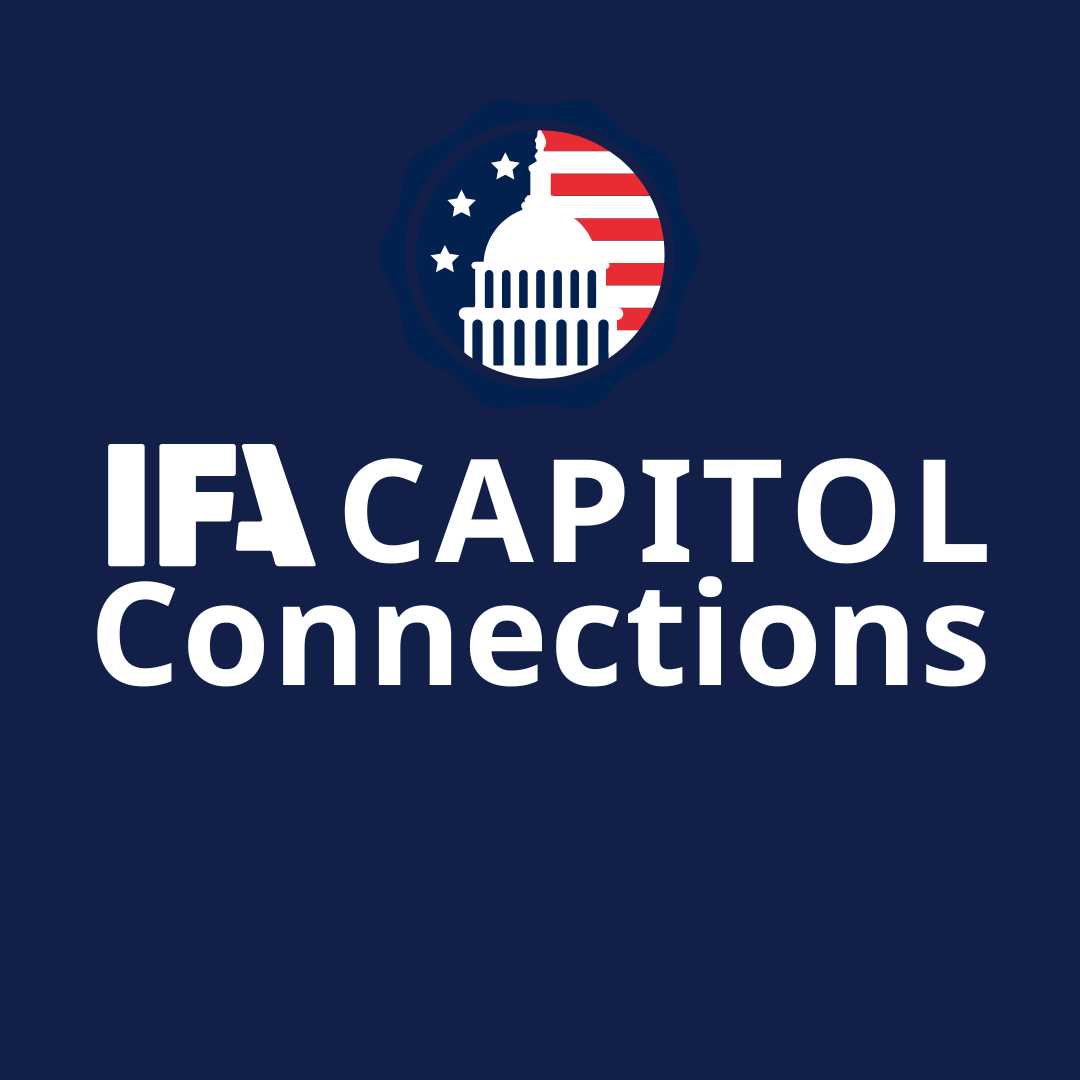THE MOST IMPORTANT SUPREME COURT CASE YOU HAVE NEVER HEARD OF
WORSHIP VIDEO: BUILD MY LIFE PAT BARRETT FEATURING CHRIS TOMLIN
IS AN ANGRY 10% HIJACKING OUR CHURCHES? OUR COUNTRY?
TRUMP SHATTERS TURNOUT RECORD FOR INCUMBENTS IN NH
CORONAVIRUS “WHISTLEBLOWER,” A CHRISTIAN, DIES FROM DISEASE
THE MOST IMPORTANT SUPREME COURT CASE YOU HAVE NEVER HEARD OF
The Constitution creates a government of enumerated powers, which means the federal government is only authorized to do things that are specifically listed in the Constitution. And that list is relatively short. The list appears in Article One, Section Eight and enumerates the proper objects of congressional legislation. Congress can:
- borrow money, coin money, regulate its value, and punish counterfeiters
- regulate commerce with foreign nations, among the states, and with Indian tribes
- establish rules for naturalization and bankruptcy
- establish Post Offices and Post Roads
- issue patents and copyrights
- establish courts inferior to the Supreme Court
- punish pirates
- suppress insurrections, repel invasions, declare war, raise an army, maintain a navy, and make rules for the army and navy
- organize the Militia (leaving to the states the appointment of officers and the authority of training the Militias)
That’s it. This is all the Constitution permits the federal government to do. . . .
PRAY TO UPHOLD THE CONSTITUTION WITH
OUR EXCLUSIVE PRAYER GUIDE.
As of 1933, when the 21st Amendment was ratified, Americans still had a constitutionally limited federal government and what Justice Louis Brandeis famously called “laboratories of democracy” in the states. The purpose of limiting the federal government’s authority so severely was to put the lion’s share of governance in state hands. Each state would govern somewhat differently and, in so doing, the nation would be a huge experiment in democracy.
States that governed well would gain businesses and population. States that governed poorly would lose. By observing what other states did well, each state could learn how to govern better. By losing businesses and population, each state would have an incentive to act on what it learned. The “laboratories of democracy” brought to Americans’ political lives what market competition brought to their economic lives.
But who ended up being tasked with deciding what Article One, Section Eight actually meant? Herein lies the wrinkle that enables all manner of constitutional mischief in the United States. The institution that ended up deciding what the federal government is empowered to do is itself a branch of the federal government. And it should come as no surprise that when push comes to shove, the Supreme Court routinely finds in favor of empowering the federal government.
This sort of mischief flowered fully in the decade following ratification of the 21st Amendment. In 1942, the Supreme Court decided a case, Wickard v. Filburn, in which farmer Roscoe Filburn ran afoul of a federal law that limited how much wheat he was allowed to grow.
A careful reader might, and should, ask where the federal government’s right to legislate the wheat market is to be found—because the word “wheat” is nowhere to be found in the Constitution. Be that as it may, the federal government’s aim was clear enough. It was to keep the price of wheat high enough for farmers to remain profitable. The Agricultural Adjustment Act of 1938 put an upper limit on how much wheat farmers were allowed to grow, which would serve to keep prices high by limiting supply.
Roscoe Filburn had grown 12 more acres of wheat than the law allowed. But not only did he not sell the excess wheat outside of his home state, but he also didn’t sell it at all. He used the wheat from those 12 acres to feed his cattle. The mental gymnastics that went into this ruling made just about any activity interstate commerce by definition.
Filburn was very clearly not engaging in commerce, let alone interstate commerce, yet the Supreme Court found (unanimously) that because Congress had the authority to regulate interstate commerce, Congress also had the authority to prohibit Filburn from growing those 12 acres of wheat for his own use. The Supreme Court’s “reasoning”?
Had Filburn not fed his cattle that excess wheat, he would have been forced to purchase wheat on the open market. And even if he purchased wheat that was grown within his home state, doing so would have made less wheat available within his home state for other wheat buyers. Consequently, some wheat buyers within his home state would then have had to buy wheat from outside the state. Therefore, Filburn’s non-commercial activity was, according to the Supreme Court, interstate commerce.
The mental gymnastics that went into this ruling made just about any activity interstate commerce by definition. Since Wickard, any time Congress has wanted to exercise power not authorized by the Constitution, lawmakers have simply had to make an argument that links whatever they want to accomplish to interstate commerce. Why? Because they know they can get away with it.
So today we have NASA, the FDA, the USDA, the EPA, federally subsidized student loans, Medicare, Medicaid, a federal minimum wage, and hundreds of other federal agencies, programs, and initiatives. Some of these do, indeed, involve interstate commerce. Many do not. A century ago, we amended the Constitution when we wanted the federal government to exercise a new authority—that of banning alcohol.
Today, we allow Congress to exercise almost any authority it likes. Further, we allow Congress to hand its authority over to unelected bureaucrats. So, whereas regulating alcohol required amending the Constitution, regulating marijuana requires only legislation. Regulating prescription medicines requires only bureaucratic action. . . .
The sad result has been a government nearly limitless in its power. Sadder still is what this has done to our elections: Every four years, the American people ask candidates for more things neither the president nor Congress is constitutionally authorized to deliver. And this encourages a brand of candidate to run for office who is willing to ignore the Constitution in exchange for winning elections.
The first step to stopping this process lies in reading, understanding, and applying the Constitution of the United States. This means, first and foremost, placing the legislative function in the hands of Congress alone and taking seriously Article One, Section Eight.
It means, in short, limiting government again.
(Excerpt from the Foundation for Economic Education. Article by Dr. Antony Davies and James Harrigan.)
Partner with Us
Intercessors for America is the trusted resource for millions of people across the United States committed to praying for our nation. If you have benefited from IFA's resources and community, please consider joining us as a monthly support partner. As a 501(c)3 organization, it's through your support that all this possible.


We use cookies to ensure that we give you the best experience on our website. If you continue to use this site we will assume that you are happy with it. Privacy Policy




Comments
Lord Jesus,
We ask for Godly wisdom and restraint to be exercised by American leaders. Undo works that have cast heavy burdens on the American people and limit government power to the Constitution. Lord, we are desperate to rein in those who are trying to increase government control federally and even in the states. We pray for our Supreme Court to rule with Your wisdom, and help them to filter demands through the Constitution, and reduce government involvement. Help American people to self govern with honesty and integrity. Restore godly principles in all we do. In Jesus Name Amen
What an excellent description! Government takes on a life of its’ own and fight to sustain it.